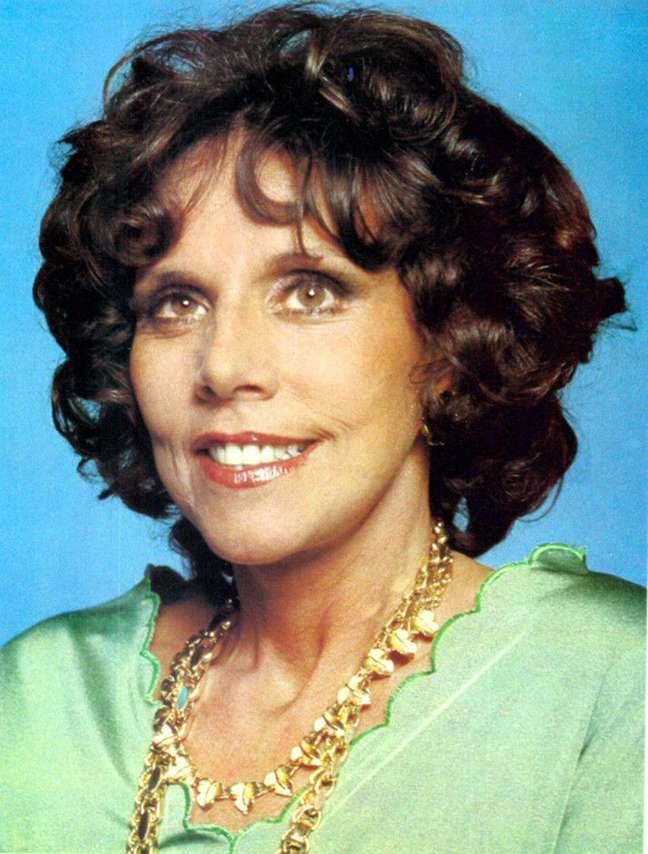
Actress Maria Fernanda died on Saturday (30/7) of respiratory complications at the age of 96. She from 26 she was hospitalized at the Casa de Saúde São José, in Rio.
Maria Fernanda Meireles Correia Dias was the only living daughter of the poetess Cecília Meireles (1901-1964) and the Portuguese illustrator Correia Dias (1892-1935). You began her career in 1948, playing the character of Ofélia, in the first production of “Hamlet” made in the countryside, alongside actors such as Sergio Cardoso and Sergio Britto.
The actress had a long career in theater, where she performed for seven decades, after studying performing arts in Europe. Her consecration took place in the early 1960s in the role of Blanche DuBois, in four different productions of the play “A Streetcar Named Desire”, by the American Tennessee Williams. The Sao Paulo production was directed by Augusto Boal in 1962, while the Rio de Janeiro production was directed by Flávio Rangel in 1963 and won Maria Fernanda the Molière, Saci and Governor of the State awards for best actress.
But after the dictatorship, the actress was arrested during a performance of the same play in Brasilia. The episode triggered a reaction from the artistic class, which led to a march against censorship in front of the Municipal Theater of Rio. Artists such as Paulo Autran, Marieta Severo and Odete Lara participated.
Over the course of his 70 years on the stage, he has played many other outstanding roles, working with classic texts by Shakespeare, Euripides, Oscar Wilde, Anton Cechov, August Strindberg, Jean-Paul Sartre, Jean Genet, Arthur Miller, Bertold Brecht, García Lorca and the Brazilian Nelson Rodrigues.
In cinema, Maria Fernanda starred in productions of Atlântida and Vera Cruz in the 40s and 50s. She also distinguished herself in “Fim de Festa” (1978), by Paulo Porto, “Chico Rei” (1985), by Walter Lima Jr., and “Carlota Joaquina, Princesa do Brazil” (1995), by Carla Camurati, a milestone in the recovery of Brazilian cinema, in which she played the role of D. Maria I, the madwoman.
He has also participated in several television works, from the “Grande Teatro Tupi”, a live teleteater from the beginnings of Brazilian TV, to soap operas that have marked the time on Globo, such as “Gabriela” (1975), “Nina” (1977) and “Pai Herói” (1979), as well as “Dona Beija” (1986) on the Manchete network.
She leaves her son Luiz Fernando, the result of her relationship with the television director Luiz Gallon, with whom she was married between 1956 and 1963.
Source: Terra
Camila Luna is a writer at Gossipify, where she covers the latest movies and television series. With a passion for all things entertainment, Camila brings her unique perspective to her writing and offers readers an inside look at the industry. Camila is a graduate from the University of California, Los Angeles (UCLA) with a degree in English and is also a avid movie watcher.







